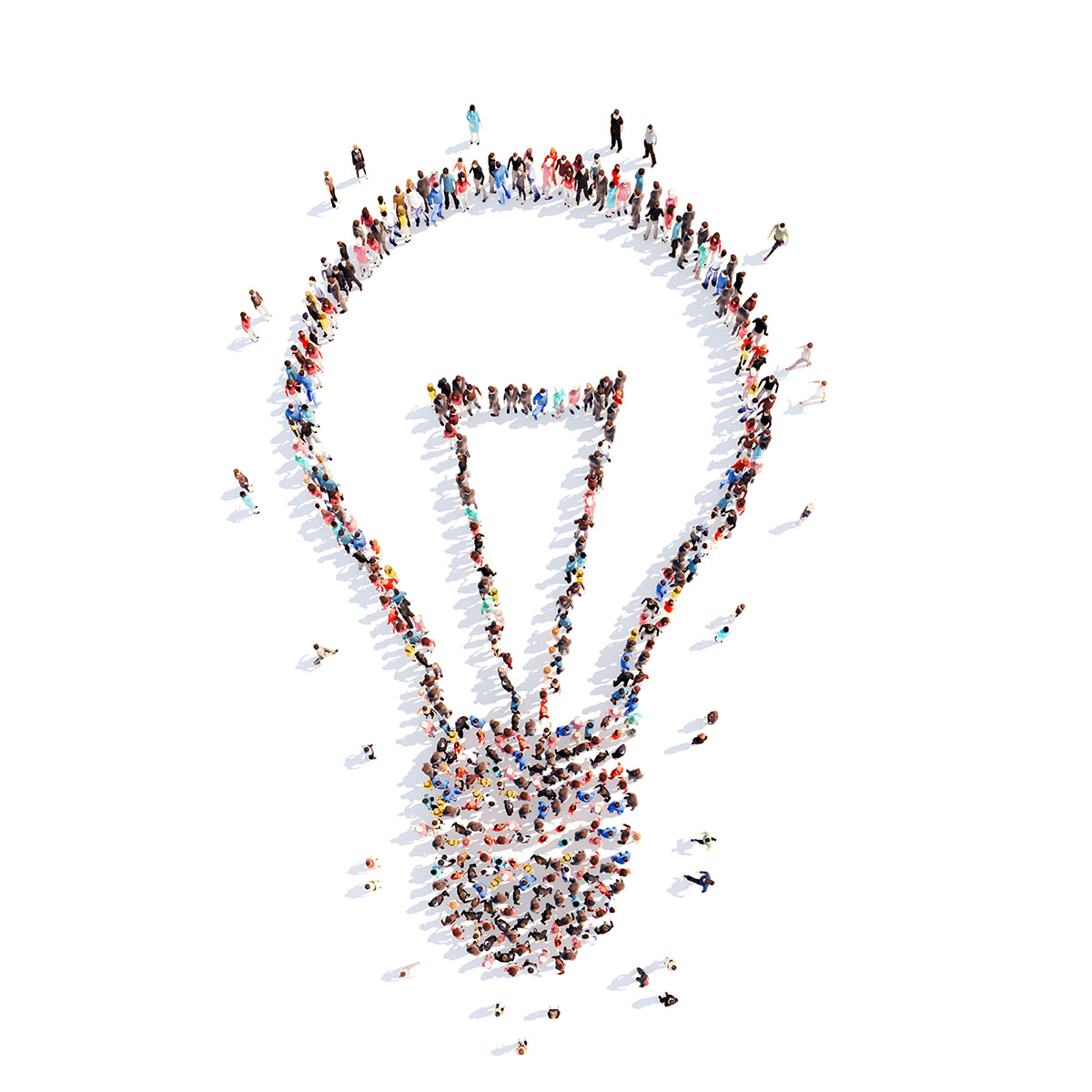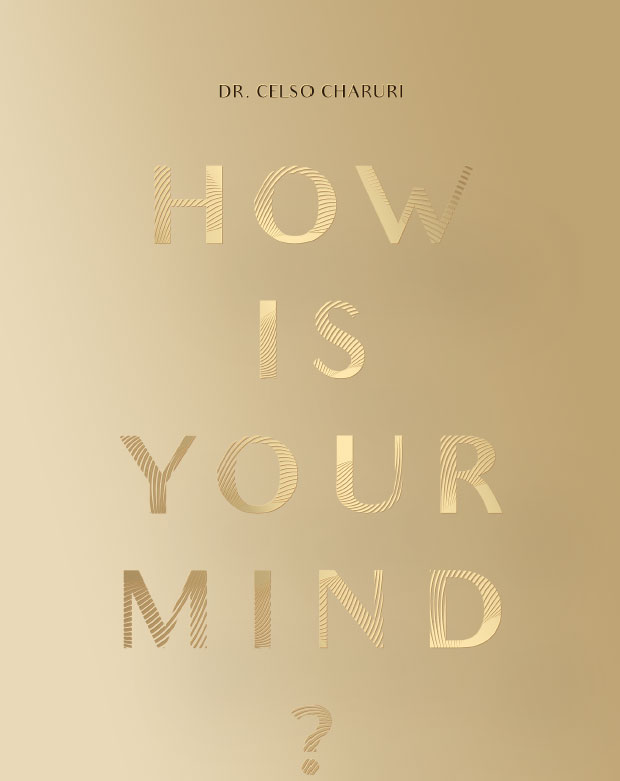One click for tomorrow
One click for tomorrow


Human history is also the history of technological progress, and never before has this progress been as fast-paced as it is today.
From the discovery of fire to the invention of the light bulb, thousands of years have gone by. However, from the invention of the automobile until man went to the Moon, only about 80 years went by. Moreover, in the last 20 years, more inventions have been created than in all the history of humanity. Unprecedented cooperation between scientists from all over the world, from all fields, boosts this development thanks to a global communication system.

We are living in a time of great change. And also of great conflicts. Nuclear power may have given access to cheaper electricity, but it brought the possibility of global destruction. The Internet may have connected the world, but it also made man rethink his own human relations. Today equipment that fits in the pocket can connect us to almost any information in seconds. A climber on Mount Everest can share his adventure and get thousands of “likes” the minute he reaches the summit.
All this has transformed cultures in the world while raising questions: What is happening to the human being? Are we more connected, or less? Are we closer to others, or not? Are we better beings?
Creations to expand actions on the planet and simplify the way of life, from simple tools to complex equipment for exploration of the universe, don’t seem to have made man a better man in the same proportion. However, the desire, throughout history, to improve external conditions have repeatedly led us to reflect on ourselves, have brought us into our own inner selves, and it is in the evolution of our own philosophical thinking that we can find the balance to deal with the thousands of revolutions we face each year.
No one can say where the next great technological revolution will come from, but everything indicates that another major change is on the way: a philosophical change. A philosophical change that should have as one of its pillars the premise that if man wants a better environment, man will first have to be better.









